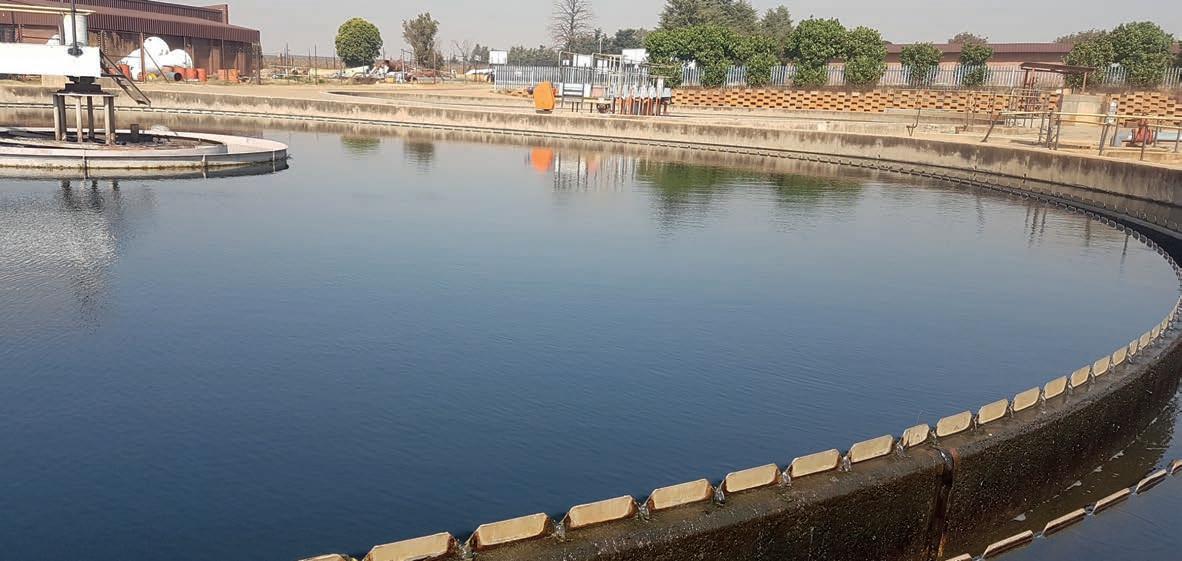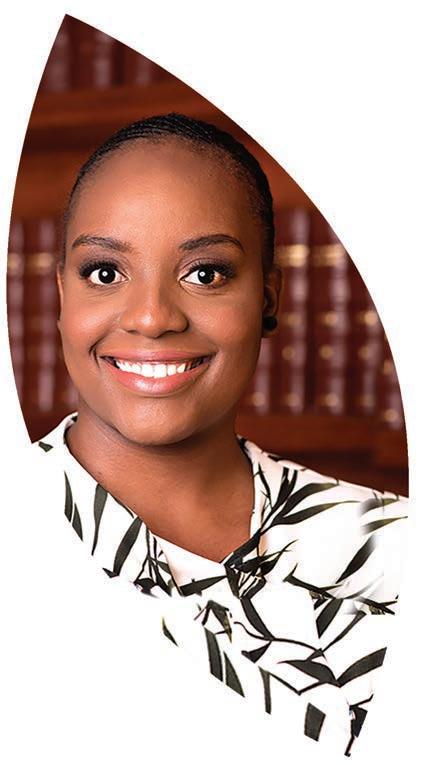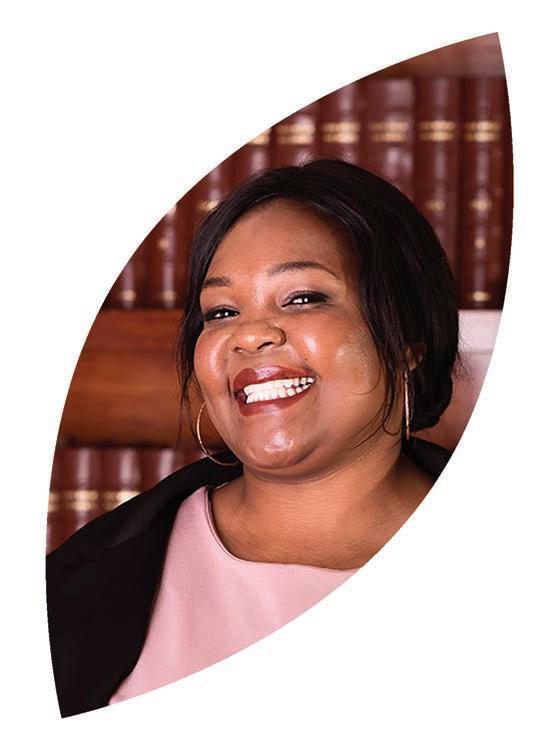
3 minute read
for our current water woes
Risk management for water services – the silver bullet for our current water woes
Access to safe drinking water and decent, dignified sanitation is a human right recognised by the United Nations and enshrined in our Constitution.
t AHL Water, our vision is aligned with this basic human right as we strive to empower water services institutions with the required skills, procedures and systems to effectively operate, maintain and manage their supply systems in a sustainable manner. As we do not supply or endorse technologies or products, our solutions are unbiased and appropriate, based on our clients’ unique requirements, such as core business, operational model, financing arrangement and budget. Our approach is underpinned by the universal concept of risk management, which has been adopted by the World Health Organisation for application in water services management. This methodology is called the Water Safety Plan, and forms part of our National Drinking Water Standard SANS 241, and is described as, ‘The most effective means of consistently ensuring the safety of a drinking-water supply is through the use of a comprehensive risk assessment and risk management approach that encompasses all steps in the water supply from catchment of consumer.’ 1 We begin all projects with a detailed risk assessment of the entire supply system.
The scope of the risk assessment is holistic and aligned with the Capable Plant model of the American Water Works Association, which confirms that a plant will only perform as required if all aspect of plant design, operations, maintenance and management are effectively implemented. In addition to design aspects, we evaluate operations, monitoring, reporting, maintenance, management, asset management, skills and other organisational processes that may negatively impact on the final technical solution.
Legislative requirements form a key part of the risk assessment process to ensure all our solutions are legally compliant; these typically include water use licenses, local bylaws, process controller compliance, borehole registrations, etc.
The value is in consolidated risk matrix and action plans that allows a client to mitigate and manage all the risks. There are a number of benefits in that it is a systematic method, easy to follow, can be audited to show the basis of project and budget allocation, and can form part of any organisation’s risk register, thereby ensuring consolidated risk management throughout the organisation.
Perhaps the most important benefit of this risk process is the annual verification process to measure the efficacy of implemented actions that will show that risk has been reduced and this was not ‘wasteful expenditure’.
The Integrated Information Regulatory System (IRIS) of the Department of Water and Sanitation (DWS) provides monthly water quality results.
[See www.ws.dwa.gov.za/IRIS/dashboard_status.aspx] The current picture is bleak, with many municipalities either failing microbiological safety limits or not monitoring the water.
AHL Water has expanded our operations to commercial and private clients. We provide water quality verification audits of all commercial buildings, which include a risk assessment of the system, full water quality analysis as per the national standard SANDS 241, and recommendations for treatment, operations and precautionary monitoring to ensure water is safe now, and in the future. Our recent commercial clients include PRASA, the Department of Home Affairs in Pretoria and Netcare Hospitals. n
1 WHO, WSP Manual, 2009
AHL Water T +27 (0)12 370 3435 M +27 (0)84 506 3447 W www.ahlwater.co.za
21st Century warriors of the law, at your service.













